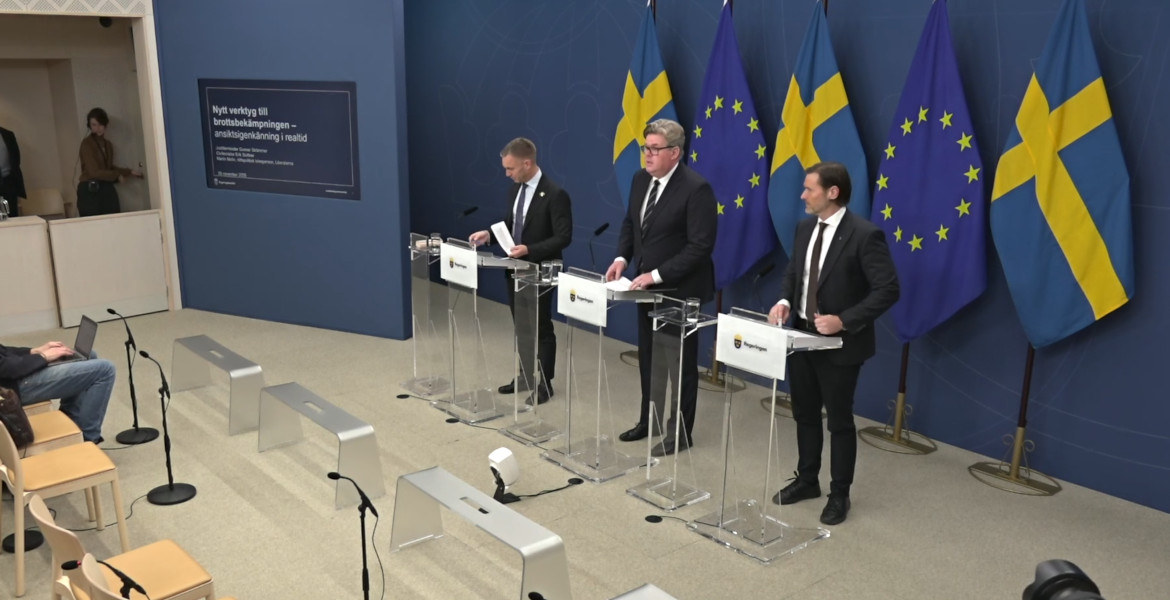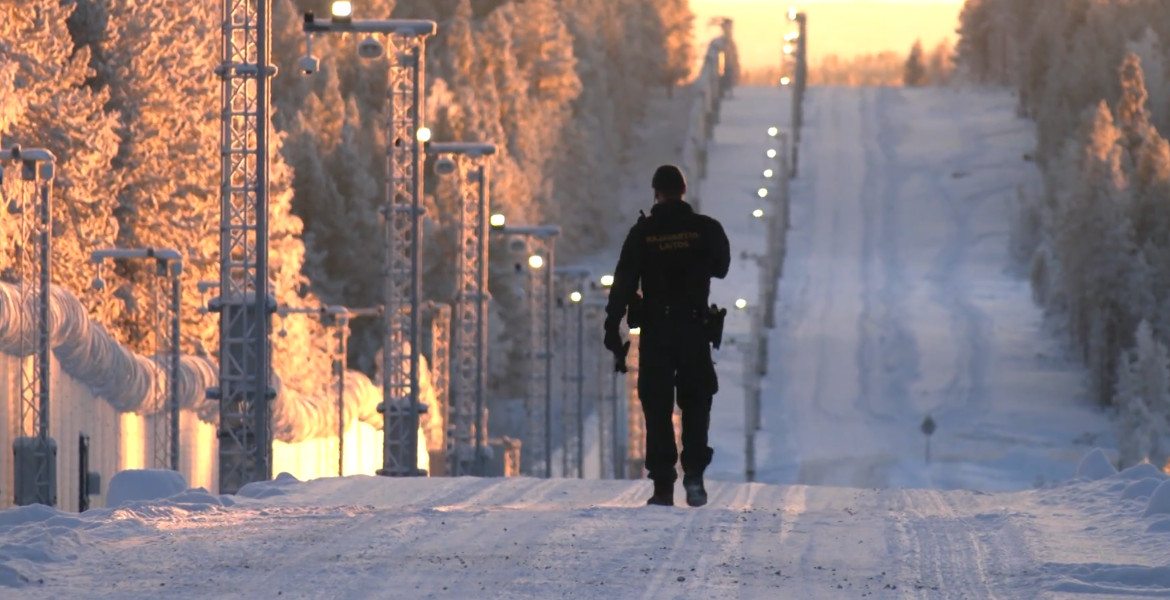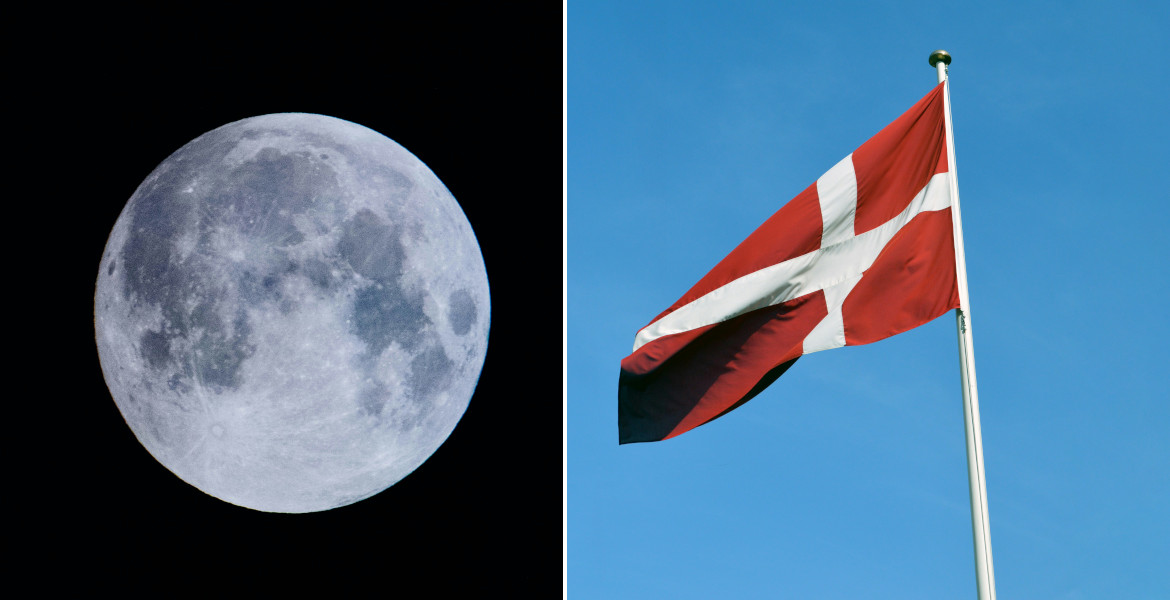Norway suspends all adoptions from several Southeast Asian countries after reports of illegal adoptions. Denmark goes further and temporarily suspends all international adoptions.
Danish International Adoption (DIA) has for some time been the only organization facilitating international adoptions in Denmark. In the past, Danish social authorities have stopped DIA from facilitating adoptions from South Africa and other countries because of suspicions of illegal adoptions.
Now the organization has decided to stop all adoptions from abroad, according to Danish state broadcaster DR. The Philippines, India, Taiwan, Thailand and the Czech Republic were the last five countries from which DIA facilitated adoptions, which will no longer be possible. The announcement comes after the country's social welfare agency saw signs of "violation of rules in this area" and it is unclear how long the suspension will last.
Norway suspends adoptions from Southeast Asia
Norway's Schibsted newspaper VG investigated adoptions from the Philippines, Thailand and Taiwan, where babies were found to have been sold and identified with false birth certificates. Following the report, the Norwegian Directorate for Children, Youth and Family Affairs (Bufdir) has now decided to stop all adoptions from these countries.
In the case of Thailand, one of the reasons given is that there is "uncertainty as to whether biological parents give voluntary consent to children being put up for adoption". In the Philippines, the risk of falsification is high, and in Taiwan there is a lack of transparency regarding payment and "the involvement of the biological parents in the process".
All pending adoptions from these countries will be stopped. In addition, no new adoptions will be allowed from South Korea, but those already approved will be allowed to complete the adoption. The reason is that "the country has not shown a need for international adoptions to Norway".
Philippines under review in Sweden
In Sweden, adoptions from these countries are allowed, but the Philippines is under review by the Swedish Agency for Family Law and Parental Support (MFOF) after VG's revelation.
– We are in contact with Norway and waiting for more information, Tommy Marksén, head of department at MFOF, told the Bonnier newspaper Expressen.
Adoptions from Madagascar and Panama were stopped last year because the activity may violate international laws and conventions, according to Bonnier's DN. Adoptionscentrum, which arranges adoptions to these countries in Sweden, questioned the authority's decision. However, the organization recently decided to stop adoptions from South Korea.
Other countries or adoption cases may come under scrutiny in Sweden after the Norwegian revelation.




